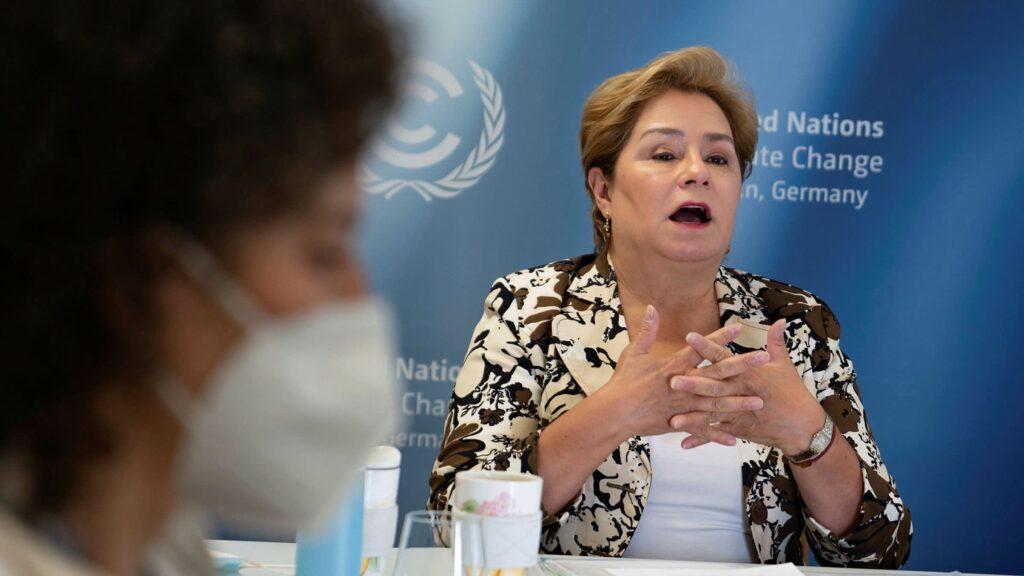Ikea and Rockefeller foundations in $10bn clean energy push

The Ikea and Rockefeller foundations are making their biggest ever investments to start a fund they hope can finance more than $10bn of small-scale renewable power projects to try to lift more than 1bn people out of energy poverty.
Each foundation will provide $500m of risk capital and they hope to attract $10bn of additional funds this year from international development agencies, before opening up to institutional investors in a bid to expand renewables investment in countries such as India, Nigeria, and Ethiopia.
“This can be commercially viable. There’s $1bn taking risk upfront, and that can unlock tens of billions of dollars. We’re not gambling here. We’ve seen it work in India. We know what it takes to become successful,” Rajiv Shah, president of the Rockefeller Foundation, told the Financial Times.
Per Heggenes, chief executive of the Ikea Foundation, said it offered a “very significant” opportunity to tackle the two biggest threats in developing countries: poverty and climate change.
Investing in renewable energy has become big business in Europe and the US, but the Ikea-Rockefeller platform aims to do something similar with smaller-scale projects in emerging markets. It is aiming to develop “distributed” renewable energy projects — rather than centralised power plants — mostly in the form of mini solar projects but also some micro hydropower.
The foundations said they had already signed agreements with the International Finance Corporation, an organisation affiliated to the World Bank, and the US International Development Finance Corporation and were hopeful Ikea’s involvement would unlock the support of similar agencies in Europe.
Their goal by the end of this year is to have $10bn of funds from development agencies to go alongside their initial $1bn, and then to invite commercial investors to back individual projects.
Shah said he thought the platform could eventually grow to $100bn or even $1tn using its “philanthropic capital as a lever to get commercial capital”.
He said that from his days as an official in the Obama administration dealing with the Copenhagen and Paris climate change conferences he had seen “a lot of commitments made and a lot of good intentions but not a lot of execution”.
“This has the opportunity to be the most significant, the largest-funded, investment targeting the dual objectives of lifting people out of poverty but in a climate-friendly way.”
Heggenes said the Ikea Foundation — set up by the flat-pack furniture retailer to protect it from takeover and invest in projects to tackle inequality — viewed energy poverty as the biggest obstacle to growth in poorer countries.
The two foundations have set a target of cutting 1bn tonnes of CO2 emissions and lifting 1bn people out of energy poverty by the end of the decade.
Shah said the pandemic had set back development in poorer countries by up to two decades, and there was a great need to encourage economic growth in an environmentally-friendly way in these nations. “Now is the time to act,” he said.
Climate Capital

Where climate change meets business, markets and politics. Explore the FT’s coverage here.
Are you curious about the FT’s environmental sustainability commitments? Find out more about our science-based targets here